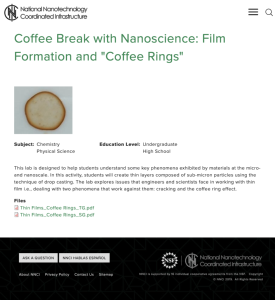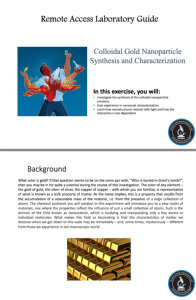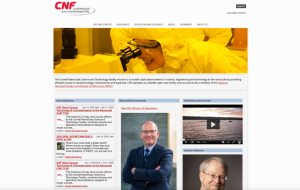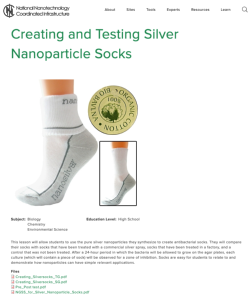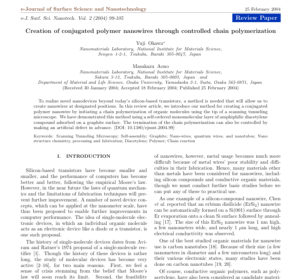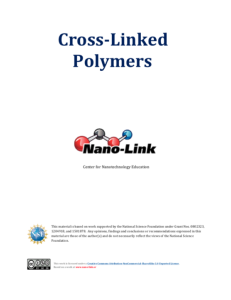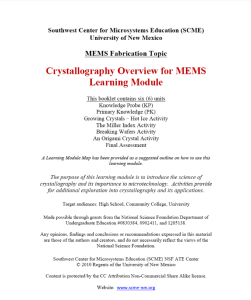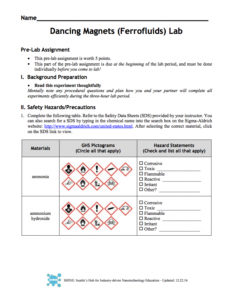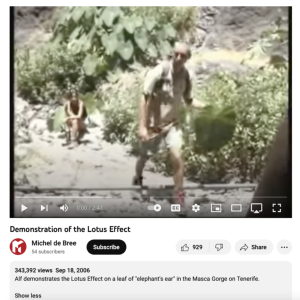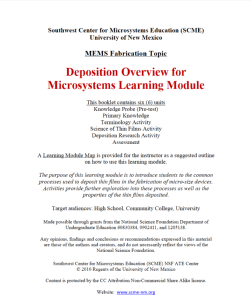Browse Resources
Resources | |
|---|---|
This lab, presented by the National Nanotechnology Coordinated Infrastructure, will help students begin to understand nanotechnology, specifically behaviors of materials at the nanoscale. Students will "explore two factors affecting the thin film deposition, film cracking and the formation of...
This resource, provided by Nanotechnology Applications and Career Knowledge Support Center (NACK Center), is a 9-page guide for a lab on colloidal gold nanoparticle synthesis and characterization. Throughout the lab, students will investigate the synthesis of the colloidal nanoparticle solutions,...
The Cornell NanoScale Science & Technology Facility (CNF) is a national facility that supports a broad range of nanoscale science and technology projects by providing state-of-the-art resources and staff support. The website includes sections on how to get started with CNF, links to their...
This lesson, presented by the National Nanotechnology Coordinated Infrastructure, provides students with the opportunity to "use the pure silver nanoparticles they synthesize to create antibacterial socks." Using a relatable medium like socks allows students to synthesize new information on and...
This paper, by Yuji Okawa and Masakazu Aono, covers the controlled polymerization of conjugated polymer nanowires. The authors introduce a "method for creating a conjugated polymer nanowire by initiating a chain polymerization of organic molecules using the tip of a scanning tunneling microscope."
Module Description:
This Cross-Linked Polymers module was created by the Center for Nanotechnology Education (Nano-Link). "This module allows students to investigate forces and interactions at the molecular scale by mixing different liquids with a cross-linked polymer." Science concepts covered in...
Module Description:
This module, from Support Center for Microsystems Education (SCME), introduces "the science of crystallography and its importance to microtechnology." This module is divided into the following six units: Knowledge Probe (KP), Primary Knowledge (PK), Growing Crystals - Hot Ice...
This Dancing Magnets - Ferrofluids Lab was created by SHINE: Seattle's Hub for Industry-driven Nanotechnology Education. "This lab consists of activities designed to teach students about ferrofluids and how nanotechnology can be used to modify the properties of magnetic materials." Lab resources...
This video demonstrates the lotus effect, which refers to the high water repellency of certain leaves, from a plant found in Tenerife. The lotus effect is demonstrated by pouring water and honey on a water-repellent leaf. Running time for the video is 2:48.
Module Description:
This module, from Support Center for Microsystems Education (SCME), introduces "students to the common processes used to deposit thin films in the fabrication of micro-size devices." This module is divided into the following six units: Knowledge Probe (Pre-test), Primary...
| |
| ← Previous | Next → |
